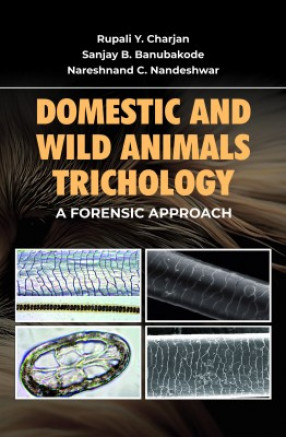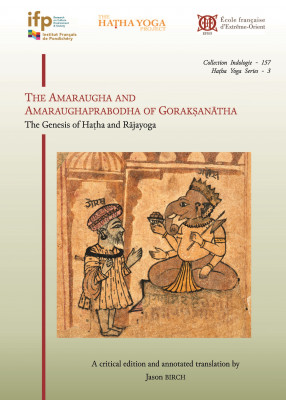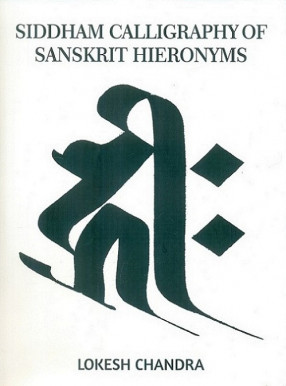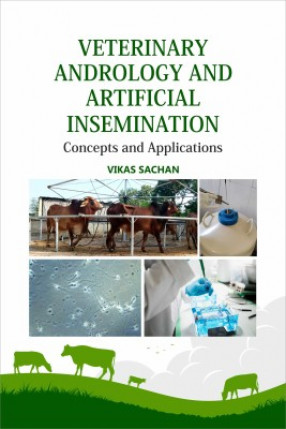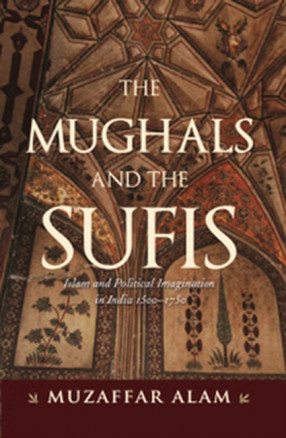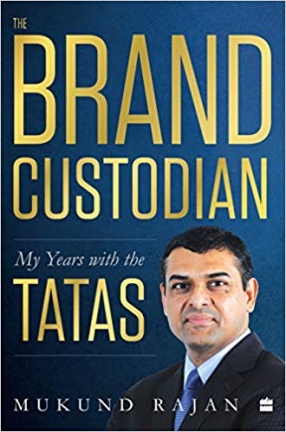FREE & QUICK WORLDWIDE SHIPPING ON $60+
TAKE 10% OFF YOUR ORDER | USE CODE: TAKE10

Book details
-
 xvi+182p., Index; 23cm.
xvi+182p., Index; 23cm.
-
 Hardcover
Hardcover
-
 English language
English language
-
 Raka Prakashan
Raka Prakashan
-
 01.01.1999
01.01.1999
Related categories
The Meaning and Process of Culture
Synopsis
The historian’s concern with causation tends to predispose him in favour what has been called ‘social being’ in contrast to ‘consciuosness’. The unfortunate part of this predisposition is to be content with a wholly external account of man’s cultural enterprise, an account which neglects the meaning of cultural symbols and consequently which neglects the meaning of cultural symbols and consequently of the consciousness which is correlated to the meaning. The historian instead of rediscovering for himself a new range of consciousness and meanings from the past, merely gathers the dry bones of chronology and the only value he studies in effect in survival value. While it is true that the quest of security is one of the primal urges of man, it is surely not the highest. The more developed a human being, the more concern does he feel with the meaning of existence rather than with mere existence, and the value of survival becomes for him increasingly instrumental, not final. Human history ought to be distinguished from natural history which is wholly governed by the adaptation of the organism to the environment, the struggle for existence, and the development of more efficient anatomies. The historian of man should not analogously confine himself to the transformation of social anatomies in the process of the struggle of societies with nature and each other. He ought to seek to penetrate to the heart of the tradition of value-seeking and appraise historical action from within as it were, and trace the activities of the social organism to their controlling centres in the hierarchical configuration of value and assess the success of the social enterprise in the light of its latent values and the values themselves in their dialectically dynamic relationship with historic effort. Human history must in effect aspire after being a spiritual autobiography of man, a ‘discovery of lost times’ which is simultaneously a creative transformation of the present, a discovery of what is hidden in the past experiences of the soul. History is at once a ‘remembrance of what really happened’ as well as a ‘coming to learn from critical enquiry’ where learning and criticism relate to the self.
-10%
Item available. Ships in 2-4 days.














